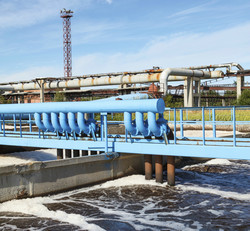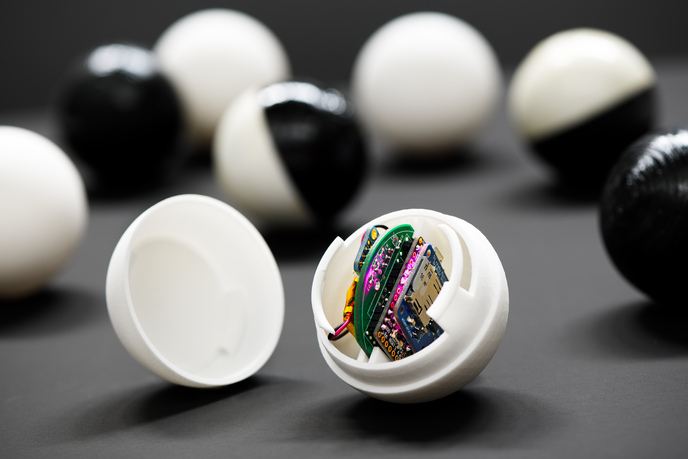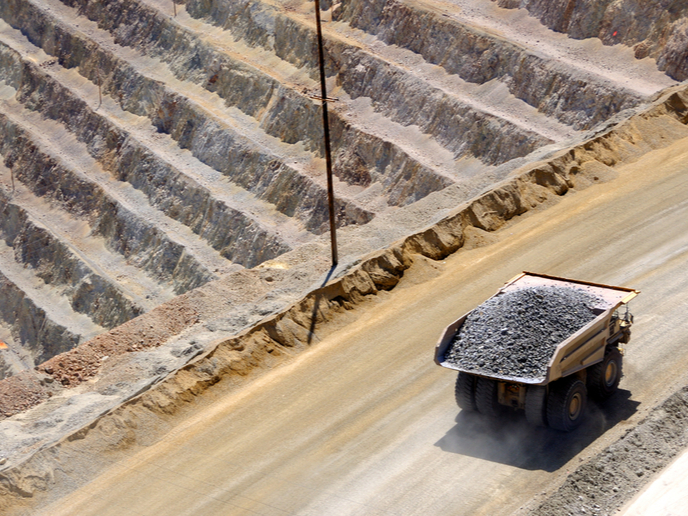Extracting phosphorus from sewage sludge
Natural sources of heavy metal-free phosphorus are becoming scarce; at the same time, phosphorus content in sewage sludge is a growing environmental concern. Previous attempts to extract phosphorus from sewage have met with little success because the processes involved are complex and inefficient. Funded by the EU, the RECOPHOS(opens in new window) (Recovery of phosphorus from sewage sludge and sewage sludge ashes with the thermo-reductive RecoPhos-process) project aimed to recover this valuable resource directly from sewage sludge ash. The initiative developed a highly efficient process based on a reactor process (called InduCarb) that is usually designed to recover steelworks dust. The RecoPhos process involves the fractionated extraction of phosphate and heavy metals from sewage sludge fly ash at high temperatures under reducing conditions. The chemical principle behind the core reaction is based on the Woehler process, whereby phosphates react with carbon and silicon dioxide in a furnace and are reduced to phosphorus. Project partners took the innovative step of using the InduCarb reactor where reduction of the phosphorus takes place in a thin melt film on the surface of the coke particles. The reduced phosphorus can then evaporate from the film without significantly reacting with other elements and subsequently be retrieved as either white phosphorus or oxidised into phosphoric acid. Researchers studied thermodynamic and chemical processes taking place within the reactor using state-of-the-art modelling and simulation techniques. The combined results were used as the basis for a semi-industrial plant pilot. In addition to technological investigations, the team conducted a market study and a life-cycle analysis that evaluated the environmental and economic impacts of the RecoPhos process. RECOPHOS completed a safety evaluation of the process and produced safety recommendations. Tests of a graphite induction system for heating ash were positive as the reactor could maintain the high temperatures needed while remaining sealed and safe for operation. User specifications and a user guide were also compiled. Project outcomes will have a fundamental impact on the sustainable management of phosphorus, a limited resource that is essential for all life processes. They will also contribute to the EU's waste minimisation and recycling strategies and reduce dependency on imports. Furthermore, the work will help reduce negative environmental impacts by decreasing the need for phosphate mining and refining while contributing new eco-efficient technologies.







